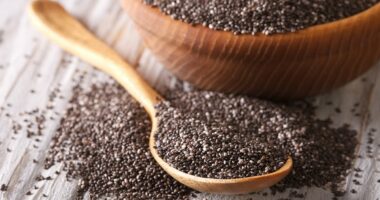Share this @internewscast.com
It can be overwhelming to be diagnosed with a kidney problem. Kidney disease like Polycystic kidney disease (PKD) is one of the most prevalent types of kidney disease in India. An inherited condition, polycystic kidney disease can lead to the development of clusters of cysts mostly inside the kidneys, eventually growing larger and making the kidney lose its functions. TheHealthSite.com spoke to Dr Keshav Das Sadhwani, Consultant Nephrologist, Manipal Hospitals, Ghaziabad, to understand more about this condition, and how one can effectively manage it. Cysts are spherical, liquid-filled, non-cancerous sacs. The cysts can get very big and come in different sizes. Your kidneys can suffer harm if you have numerous cysts or huge cysts.
Your liver and other organs may potentially develop cysts because of polycystic kidney disease. Serious side effects of the illness include kidney failure and high blood pressure. The severity of PKD varies widely, and some consequences can be avoided. Treatments and a change in lifestyle may be able to lessen problems’ harm to your kidneys.
Understanding The Symptoms
Typically, symptoms don’t appear until a person is between 30 and 40 years old. A fluttering or hammering sensation in the chest as well as chest pain are possible in about 25% of PKD patients who have a so-called floppy valve in the heart. These symptoms of PKD often go away on their own, but they can be a warning indication. Some of the common symptoms of polycystic kidney disease are:
- Backache or side pain
- An increase in abdominal size as a result of enlarged kidneys
- Urine with blood
- Persistent kidney or bladder infections
- Heart palpitations or flutters
- Kidney stone
- Frequent infection of the kidneys and urinary tract
- High blood pressure
The most prevalent PKD symptom is high blood pressure. Patients occasionally have headaches linked to high blood pressure, or clinicians may notice high blood pressure while performing a standard physical examination. It is essential to manage high blood pressure as it may harm the kidneys. Treatment for high blood pressure actually has the potential to delay or even stop kidney failure.
Read Related Also: Children as young as six make themselves sick before taekwondo tournaments to avoid £20 weight fines













